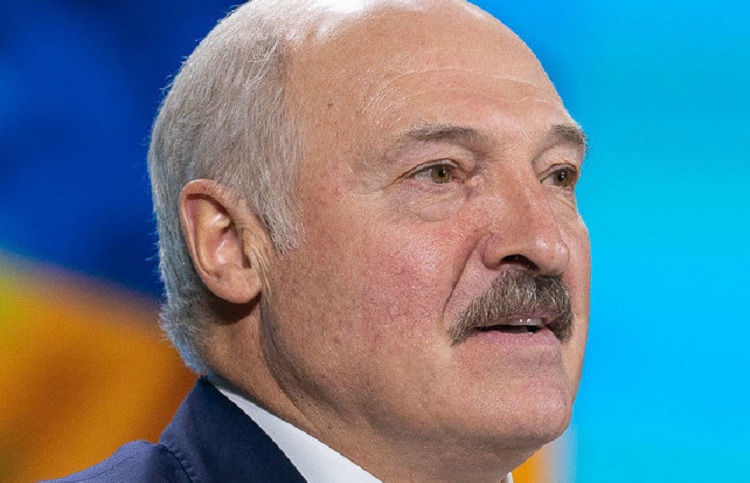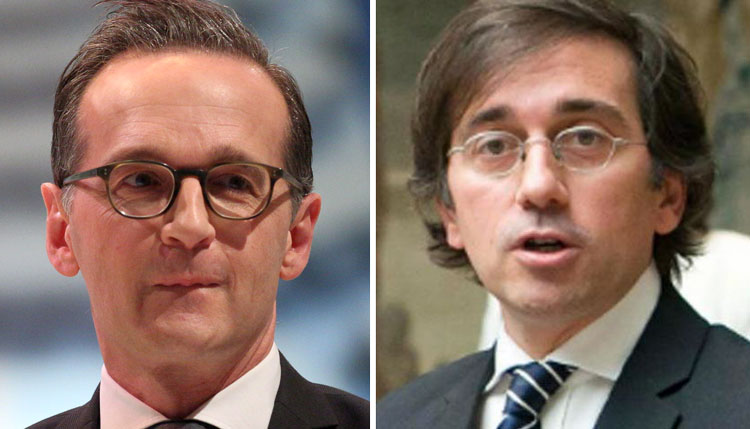The Diplomat
The Spanish government expressed its support yesterday, through the Twitter account of the Ministry of Foreign Affairs, for the statement by the EU High Representative for Foreign Policy, Josep Borrell, in which he threatens the President of Belarus, Aleksander Lukashenko, with the adoption of new sanctions on the anniversary of the elections held in that country.
Both Spain and the EU as a whole refused to recognise Lukashenko as the winner of what they considered to be a fraudulent election.
After recalling that the Belarusian people’s demands for respect for human rights and fundamental freedoms have not been met, Borrell said in a statement issued on Sunday that “the EU is ready to consider further measures in the light of the regime’s flagrant failure to comply with international commitments”.
The High Representative said the only way to reverse the measures currently in place is for Lukashenko to “fully adhere to the principles of democracy and the rule of law” and to engage in dialogue with the opposition.
In addition to calling for the release of more than 600 political prisoners and a free electoral process, Borrell says that ‘once Belarus embarks on a democratic transition, the EU is committed to helping Belarus stabilise its economy, reform its institutions, create new jobs and improve people’s living standards, including through a Comprehensive Economic Support Plan of up to three billion euros for a democratic Belarus, the outline of which was published on 28 May by the European Commission.
The 9 August 2020 presidential elections in Belarus, which gave Lukashenko a new mandate, sparked several months of protests. Lukashenko, in power since 1994, won 80.1 percent of the vote, compared to 10.1 percent for opposition candidate Svetlana Tikhanovskaya, according to the official count.
The Belarusian opposition denounced massive fraud and demanded a rerun of the elections, an option that Lukashenko completely ruled out.
Several countries, including the United States, members of the European Union, the United Kingdom and Ukraine, did not recognise the elections. On the other hand, Russia, China, several post-Soviet space nations, Cuba, Venezuela, Nicaragua and Turkey, among others, considered the results of the vote valid.







